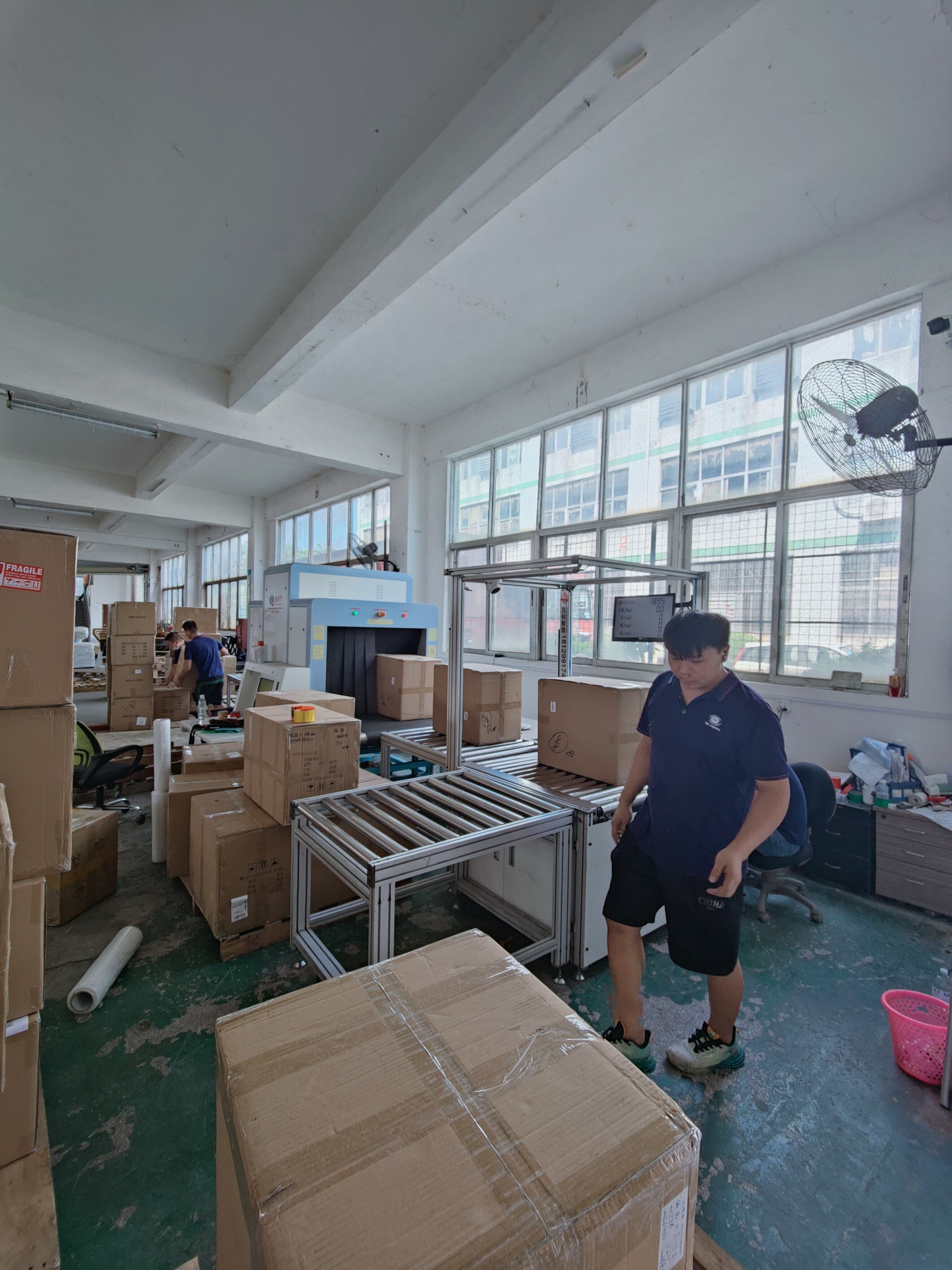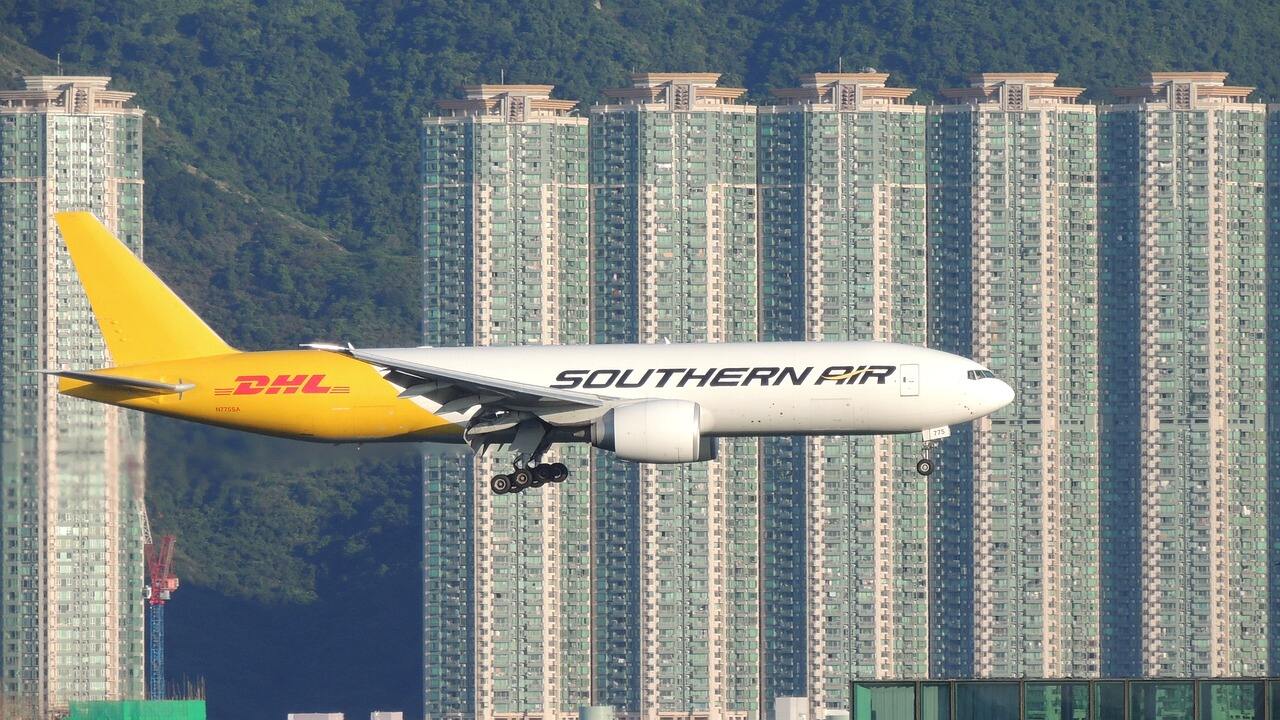Security and Efficiency with FCL Sea Freight
FCL sea freight is ahead in terms of both safety and efficiency as subareas. Since it only takes up the whole container, cargo will naturally be damaged less during transhipment, and there is no need to unpack and reload it in container terminals, thus no scope for theft or mishandling. FCL transport s high efficiency also translates into quicker loading, unloading and turnaround times as well as which are critical factors in this age of JIT inventory management systems or strict delivery deadlines that businesses cannot afford to miss.


